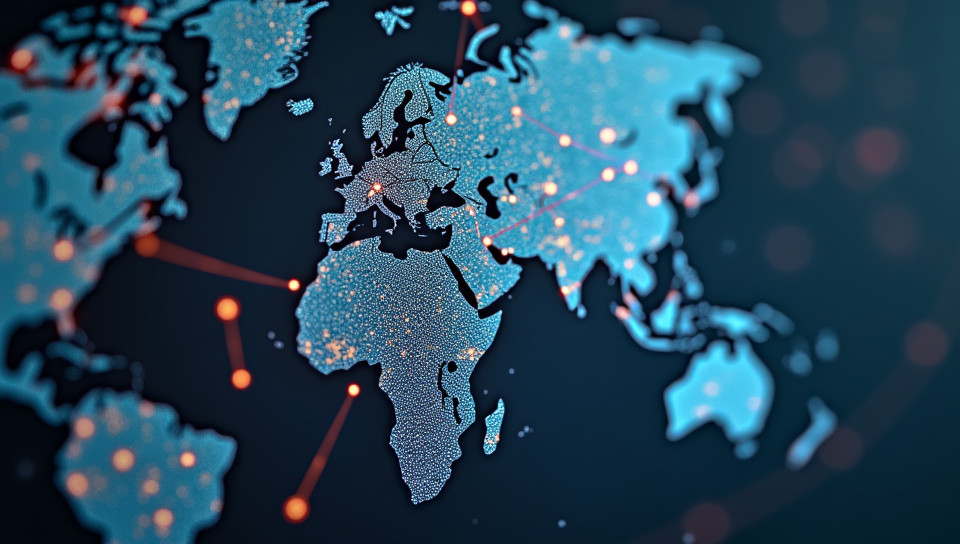Governments control online content globally 80%

The Global Struggle for Online Freedom: How Governments Control Content
In the age of digital revolution, the internet has become an integral part of our lives. We rely on it to stay informed, connected, and entertained. However, beneath this veneer of freedom lies a complex web of government control and censorship. From China's "Great Firewall" to the US's own restrictions on online expression, governments around the world are exerting their influence over what we can and cannot see online.
The Rise of Online Censorship
Governments have been increasingly vigilant in monitoring and regulating online content. This has led to a surge in censorship, with many governments using various tactics to suppress dissenting voices and opinions that challenge their authority.
- Blocking websites and social media platforms
- Monitoring and filtering search engine results
- Imprisoning individuals for online speech deemed subversive
- Implementing strict laws regulating online content
- Conducting surveillance on citizens' online activities
The Global Landscape of Online Censorship
From authoritarian regimes to democracies, governments are using their power to shape the online narrative. In some countries, this has led to a complete blackout of dissenting voices, while in others, it's a more subtle form of control.
- China: The "Great Firewall" restricts access to foreign websites and social media platforms
- Iran: Government-backed hackers target dissidents and opposition groups
- Turkey: Social media is heavily regulated, with many sites blocked or restricted
- Russia: Online censorship is on the rise, with a focus on suppressing opposition voices
The Consequences of Government Control
The consequences of government control over online content are far-reaching. It stifles free speech, suppresses innovation, and undermines trust in institutions. In an era where information is power, governments must be held accountable for their actions.
- Stifling free speech and creativity
- Undermining trust in institutions and the media
- Suppressing dissenting voices and opposition groups
- Censoring vital information and news
Conclusion
The battle for online freedom is far from over. As governments continue to exert their control over online content, it's essential that we remain vigilant and advocate for a free and open internet. By recognizing the complex web of government control and censorship, we can work towards creating a more inclusive and transparent digital landscape. The future of online expression depends on it.
- Created by: Mohammad Khatun
- Created at: Sept. 18, 2024, 11:08 p.m.
- ID: 10130






